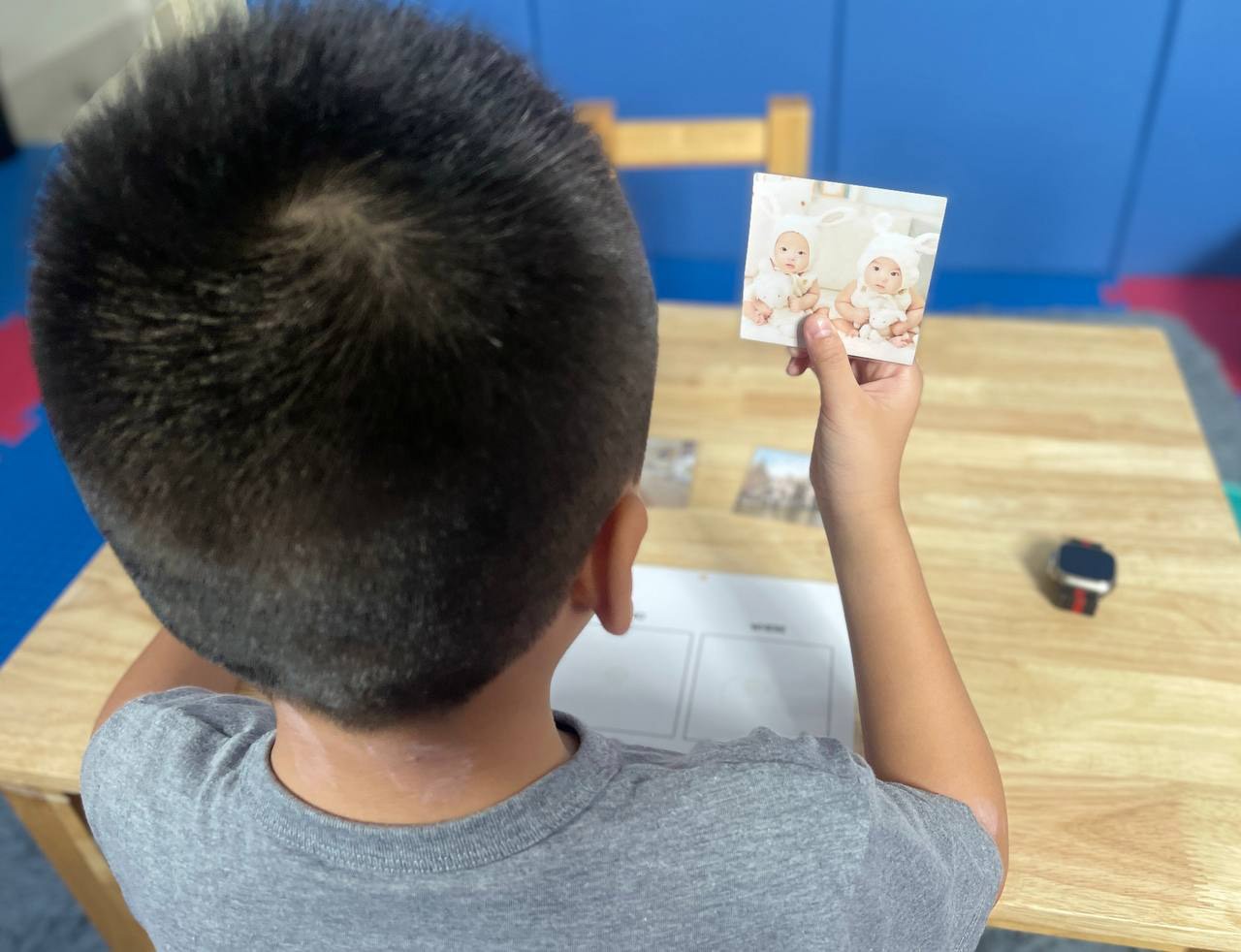Questions are crucial for effective communication. They allow us to gather information, clarify details, and gain a deeper understanding of various subjects. Among the different types of questions, WH questions hold a special place due to their ability to elicit specific details and uncover underlying reasons. These questions, identified by words like “who,” “what,” “when,” “where,” “why,” and “how,” serve as the foundation of effective inquiry.
Understanding WH Questions
WH questions, also known as open-ended questions, are designed to elicit more comprehensive responses than simple “yes” or “no” answers. They delve into the heart of a matter, seeking to uncover the essence of a situation or concept. By employing WH words, individuals can effectively gather information, clarify ambiguities, and gain a deeper understanding of the world around them.
WH Questions: Structure and Purpose
Each WH word serves a distinct purpose in crafting effective questions. Let’s examine the key interrogatives and their respective roles:
- Who: This word inquires about the identity of a person or group involved in a situation.
Example: Who discovered penicillin?
- What: This word seeks to determine the nature or substance of something.
Example: What is the capital of France?
- When: This word targets the time frame or specific moment of an event or occurrence.
Example: When did World War II end?
- Where: This word aims to identify the location or place associated with a situation or object.
Example: Where is the Great Barrier Reef located?
- Why: This word delves into the underlying reasons, causes, or motivations behind an action or event.
Example: Why did the Roman Empire collapse?
- How: This word explores the manner, method, or process involved in accomplishing something.
Example: How does a butterfly undergo metamorphosis?
WH Questions: Effective Usage
WH questions prove invaluable in various contexts, from everyday conversations to academic pursuits. Here are some key applications:
-
Gathering Information: WH questions facilitate the acquisition of knowledge and understanding, enabling individuals to expand their horizons and gain insights into various subjects.
-
Clarifying Concepts: By posing thoughtful WH questions, individuals can unravel complexities, dispel ambiguities, and achieve a clearer grasp of intricate concepts.
-
Stimulating Critical Thinking: WH questions encourage deeper engagement with information, prompting individuals to analyze, evaluate, and form their own conclusions.
-
Enhancing Communication: Effective use of WH questions fosters meaningful dialogue, enabling individuals to exchange ideas, perspectives, and knowledge in a structured and purposeful manner.
WH questions stand as indispensable tools for effective communication, critical thinking, and knowledge acquisition. By understanding their structure, purpose, and applications, individuals can harness the power of these interrogatives to unlock a world of information and enhance their understanding of the world around them. Embrace the power of WH questions and embark on a journey of continuous learning and exploration.





Leave A Comment